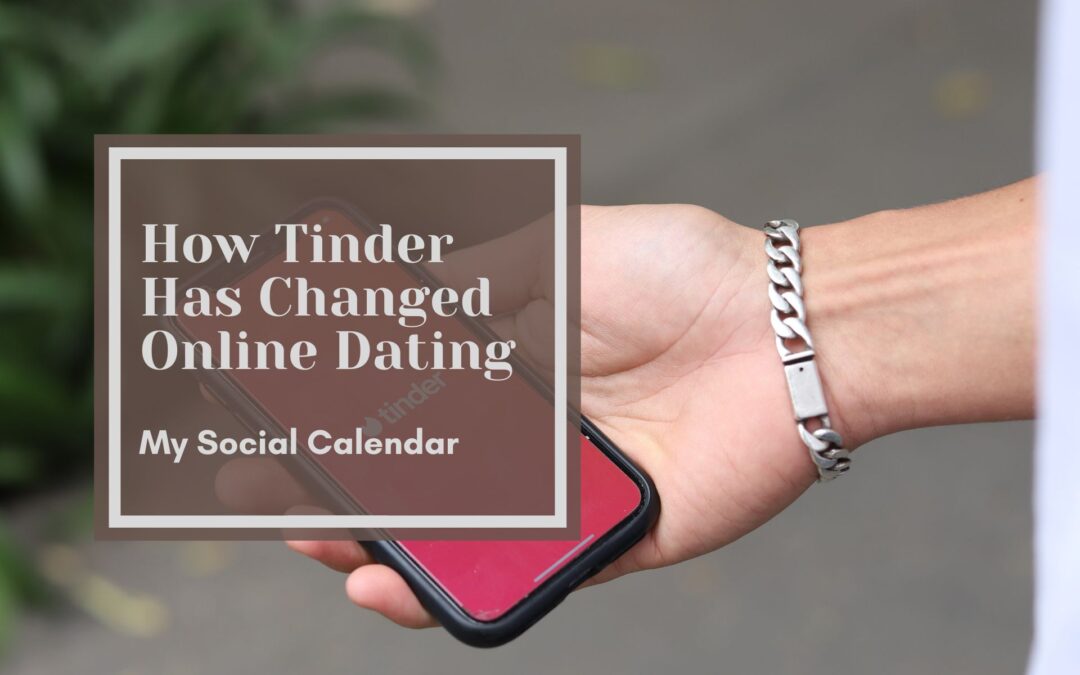In the past decade, the world of dating has undergone a seismic shift with the rise of dating apps, especially Tinder. This app celebrated its 10-year anniversary recently, marking a decade of changing the way we approach romantic relationships.
Dating used to involve meeting people in real life or relying on friends to set us up. But now, it’s firmly rooted in the online realm. Dating apps like Tinder have made online dating mainstream, opening up a world of possibilities for singles. They provide a convenient way to connect with a large number of potential partners, whether you’re looking for a committed relationship or just a casual fling.
One of the biggest impacts of Tinder is the speed at which you can find someone. Online dating has become the number one source for meeting a significant other, allowing people to get back into the dating scene quickly after a divorce or the passing of a spouse. This has made online dating a must for those who are serious about finding love.
However, with this abundance of choice comes its own challenges. The paradox of choice refers to the idea that having too many options diminishes our satisfaction with any one choice. With countless potential matches at our fingertips, people may become less satisfied with the people they do choose and view them as disposable. This can lead to less effort, less energy, and less care in relationships, ultimately hindering the development of deep connections.
Another aspect that has changed with the popularity of dating apps is the focus on physical appearance. Research shows that up to 97% of the decision to match with someone on Tinder is based solely on their photos. This can have a negative impact on self-esteem for those who aren’t receiving many matches. It also diminishes the importance of other factors that contribute to physical attraction, such as scent, body movement, and voice.
There have also been concerns about racial discrimination on dating apps, as ethnicity is often a determining factor for matches. However, it’s important to acknowledge that this bias existed before dating apps and is a reflection of societal preferences.
Moreover, the rise of app-based dating has shifted the emphasis away from serious relationships, with a focus on short-term hookups and casual encounters. While casual relationships are not inherently bad, the trend of instant gratification and lack of investment in getting to know someone can lead to feelings of loneliness and emptiness.
Ultimately, Tinder and other dating apps have revolutionized the dating scene. They have made online dating mainstream, provided a larger pool of potential partners, and sped up the process of meeting someone. However, it’s important to be mindful of the challenges that come with too much choice, the focus on physical appearance, and the temptation for short-term gratification. Building meaningful relationships still requires time, effort, commitment, and genuine connections beyond a superficial swipe.

